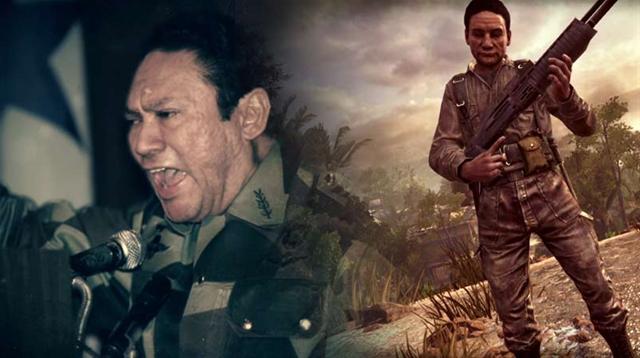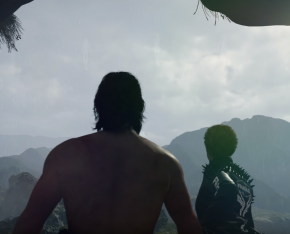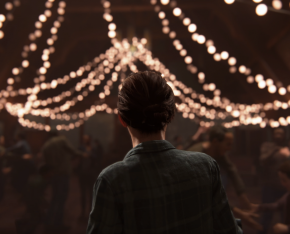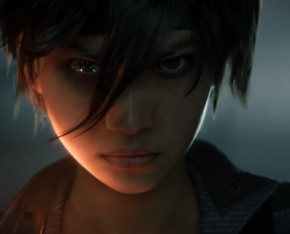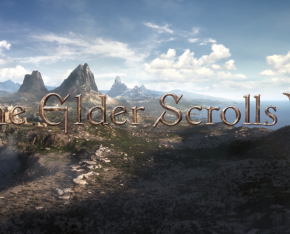By Michelle Curtis on October 29, 2014 at 3:35pm
Recall the events from mid-July of this year when former Panamanian dictator Manuel Noriega sued Activision over the unlicensed use of his likeness in “Call of Duty: Black Ops II?” According to Noriega, the usage of his likeness in the game constituted as “blatant misuse, unlawful exploitation and misappropriation for economic gain” by Activision.
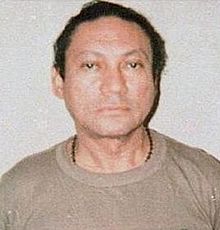
Fast-forward to Monday, Oct. 27 when the presiding judge of the case came back with his ruling. According to the official ruling, Judge William Fahey of the Superior Court of California granted the special motion put forth by Activision to dismiss the case on the grounds that Noriega's usage in the game was “transformative” and Noriega “failed to provide any evidence of harm to his reputation” as a result of his usage in the game. Based on the Noriega's well-documented notorious activities during the 1980's and 1990's, the judge doubted the possibility that such evidence exists. While Noriega's counsel cited No Doubt's case against Activision in regards to his need for “minimal merit," other precedence set forth by the case such as the consideration of “all available defenses to the claims, including constitutional defenses.” Fahey ruled that Noriega's right to publicity did not outweigh Activision's First Amendment right to free expression.
Activision's counsel for the case, former New York City mayor Rudy Giuliani, thanked the judge for his ruling.
This was an absurd lawsuit from the very beginning, and we’re gratified that in the end, a notorious criminal didn’t win. This is not just a win for the makers of Call of Duty, but is a victory for works of art across the entertainment and publishing industries throughout the world. Rudy Giuliani
Judge Fahey dismissed the case with prejudice which prevents Noriega from attempting to have the case retried at a later date.
Edmonton Sun VG24/7 Game Spot Opposable Thumbs Judge's Order Noriega IRL and in-game Rudy Giuliani
